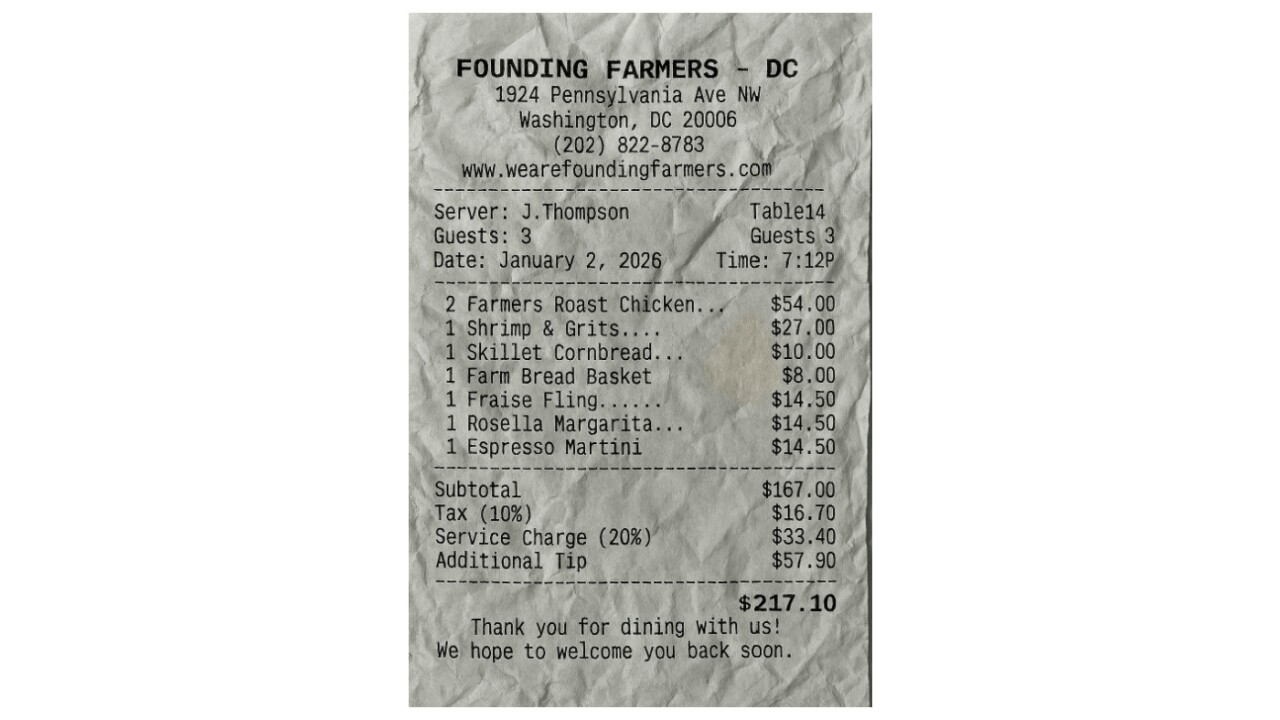-
Renasant and First M&F have lifted the curtain on certain aspects of their planned merger as part of a tentative settlement of a shareholder lawsuit.
June 12 -
Old Line Bancshares has agreed to buy WSB Holdings in a deal that will combine two banks based in Bowie, Md.
September 10 -
Maryland bankers should team up and stop selling out to big, out-of-state players, says Old Line Bancshares' James Cornelsen. The choices they face say a lot about the options available to bankers across the country.
September 11 -
Beach Business Bank recently agreed to settle a lawsuit brought against it by shareholders corralled by a law firm specializing in litigation tied to acquisitions. Those types of investigations used to be reserved for larger deals but are quickly becoming a mainstay as consolidation picks up.
March 1
Hand over your lunch money, or stand up to the bully.
That's how a lot of banks see their situation when hit with shareholder class-action challenges to their M&A deals.
Most banks decide to give in, but not Old Line Bancshares (OLBK) in Bowie, Md.
A Maryland judge
Dealing with shareholder-rights lawyers like Levi has become an added cost in M&A across all sectors. The same handful of firms pursues class actions in nearly every deal that is announced, claiming that the sellers failed to fulfill their fiduciary duty.
Advisors have told their clients the smartest move is to settle and move on. The settlements typically involve attorneys' fees, but shareholders end up with more disclosures about the deal in question but no more money.
Old Line, which has made two acquisitions in the last few years, may have fought back this time so it doesn't have to next time, observers say.
"Sometimes the firms that are frequent acquirers find it in their interest to develop a reputation for not negotiating over these suits," says Robert Daines, Pritzker Professor of Law and Business at Stanford Law School. "In any one merger, it may well make sense to settle rather than fight, but firms that could find themselves doing this a lot may want to invest in a reputation for being tough on plaintiff lawyers."
What exactly prompted the $1.1 billion-asset Old Line to fight is unclear. Calls to executives were not returned on Thursday. It agreed to give its shareholders additional disclosures but left it to the circuit court for Prince George's County to decide if Levi should have its costs covered.
"We are pleased that this matter appears to be behind us and that the court recognized this action lacked merit when filed and that class counsel's actions in this matter were undeserving of payment," James W. Cornelsen, the chief executive of Old Line Bancshares, said in a press release.
Old Line's attorney declined to say what prompted the pushback but said that others should definitely take note.
"Every merger planning session involves a litigation-risk analysis," says Frank Bonaventure Jr., a principal at Ober Kaler in Baltimore. "This shows, I think, that these cases can be won."
A call to Levi was not returned, but it and firms like it have become rather aggressive in pursuing such cases.
Daines says that courts are growing suspicious about whether these suits are really intended to help shareholders.
"Judges are proving increasingly willing to carve back on plaintiff-lawyer fees where the plaintiff can't show they improved the deal terms or won a valuable settlement for shareholders," Daines says.
Bank M&A experts say the suits are not a deterrent to deals, but are costly and time-consuming. In the case of Old Line's purchase of WSB, a $400,000 payout to Levi would have been 0.8% of the $49 million deal value.
It still might make sense to settle because of the time and effort that goes into fighting these suits, observers say.
"In general, given the time constraints involved, there are a lot of reasons to settle," says David Baris, a partner at law firm BuckleySandler. "But that is not always the case and there are situations where you might want to push back."
The Old Line decision is a positive development, he says.
"It sends the right message to everyone involved in that kind of a lawsuit," Baris says. "It is a helpful development and may give pause for those who are thinking about filing cases that are not meritorious."
Old Line will likely do another acquisition, but not necessarily soon, says Chris Marinac, an analyst at FIG Partners. The company raised $12 million of equity in September, but Marinac says the new capital is intended to support organic growth primarily.
"They've been successful in their two deals," Marinac says. "They will at least continue to make inquiries on other transactions, but I don't get the sense that they are in a hurry to do another deal."





